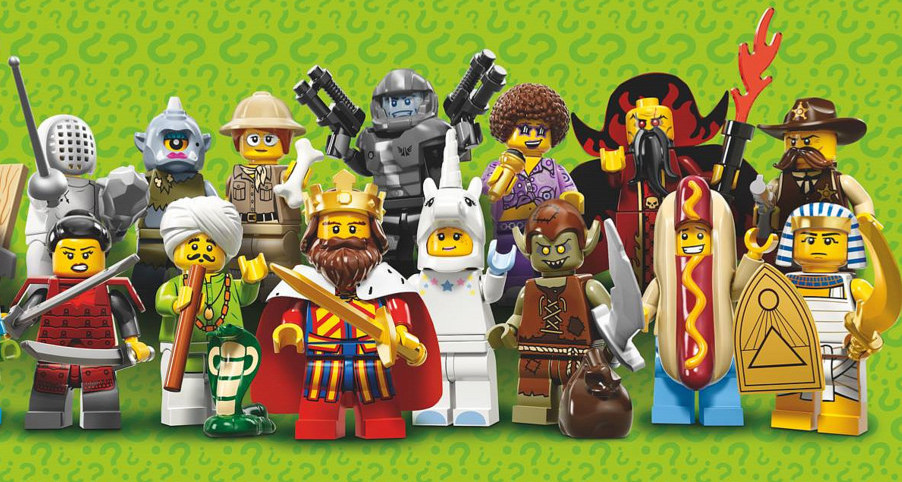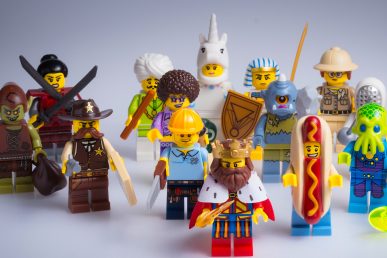The OpenStack Technical Committee provides technical leadership for OpenStack as a whole. Responsibilities include enforcing OpenStack ideals (such as openness, transparency, commonality, integration and quality), deciding on issues that impact multiple programs, providing an ultimate appeals board for technical decisions and general oversight. It’s a fully-elected Committee that represents contributors to the project.
Made up of 13 directly elected members, the community hits refresh with partial elections every six months. There were nine candidates for the seven spots open this round. While some have served on the TC before, we wanted to highlight their thoughts on where the OpenStack community is headed.
Here are the newly elected members, in alphabetical order, with excerpts from their candidacy statements:
Zane Bitter, Red Hat, was elected for a second term on the TC. Some of the efforts he backed in his first term include a document on code-review techniques, work on the Vision for OpenStack Clouds document and input on adding new projects to the OSF. “Because the TC is the only project-wide elected body, leading the community to all move in the same direction is something that cannot happen without the TC. I plan to continue trying to do that and encouraging others to do the same. “
Thierry Carrez, VP of engineering at the OSF, admits that he’s been on the TC “forever,” and while new insights are important an historical perspective matters right now. “OpenStack is in the middle of a transition — from hyped project driven by startups and big service providers to a more stable project led by people running it or having a business depending on it. A lot of the systems and processes that I helped put in place to cope with explosive growth are now holding us back. We need to adapt them to a new era and I feel like I can help bringing the original perspective of why those systems were put in place, so hopefully we do not end up throwing the baby with the bath water.
Graham Hayes, who currently works at Microsoft, is the project team lead for Designate. This is his second term on the TC, and while stressing that turnover is important, he underlines his recent experience as a reason for returning. “I have spent time recently working on a very large OpenStack cloud in a day-to-day operations role and I think that this experience is important to have on the Technical Committee. The experience that a lot of our users have is very different to what we may assume and knowing how end users deal with bugs, deployment life cycles and vendors should guide us.”
Rico Lin, a software engineer at EasyStack, has been involved with OpenStack since 2014. His main goals for serving on the TC include cross-community integration (Kubernetes, CloudFoundry, Ceph, OPNFV), strengthening the structure of Special Interest Groups (SIGs) and cross-cooperation between users, operators and developers.
Mohammed Naser, CEO of Vexxhost, also serving a second term. “I think that we should work on increasing our engagement with other communities. In addition, providing guidance and leadership for groups and projects that need help to merge their features, even if it involves finding the right person and asking them for a review. I’d like to personally have a more “hands-on” approach and try to work more closely with the teams, help shape and provide input into the direction of their project while looking at the overall picture.
Jim Rollenhagen, principal software engineer at Oath. A new member of the TC, he’s been involved with OpenStack since 2014, primarily upstream on as PTL and core reviewer. One of his suggestions is to encourage more part-time contributors. “People like someone scratching an itch in their lab at home, a user getting curious about a bug, or an operator that finds an edge case. I think it’s easier for these types of people to contribute today than it has been in the past, but I believe we can keep improving on this. Our onboarding process can continue to improve. We should have more people willing to walk a new contributor through their first patch (kudos to the people doing this already!)”
Alexandra Settle who works at Suse is also a first timer on the TC. She’s been an active contributor to OpenStack manuals since early 2014 and a been a core member since early 2015. She aims to focus on three areas: breaking down barriers between projects (new and old) and contributors (new and old); the openness of the community and maintaining that focus; and embracing change. “Over the years, there has been an unspoken consensus that we are all aiming for the success of OpenStack as free and open software, fully developed and used by a welcoming and supportive community. I hope to further promote this statement.”
So who gets a vote in these elections? All Foundation individual members who are also committers for one of the official project teams repositories during the release time frame (for this round, it was Train). More on the process here, including how to get involved for next time.
“Having a good group of candidates helps engage the community in our democratic process,” says Foundation staffer Kendall Nelson, one of the election officials. “Thank you to all who voted and who encouraged others to vote. We need to ensure your voices are heard!”
- Demystifying Confidential Containers with a Live Kata Containers Demo - July 13, 2023
- OpenInfra Summit Vancouver Recap: 50 things You Need to Know - June 16, 2023
- Congratulations to the 2023 Superuser Awards Winner: Bloomberg - June 13, 2023

)










